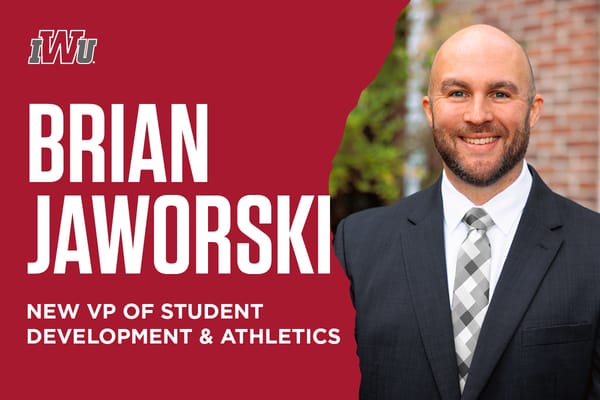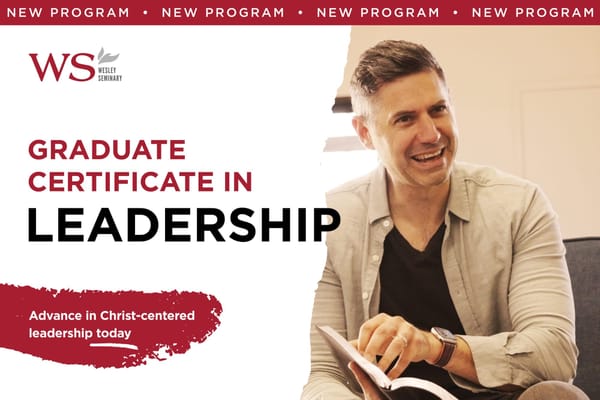When is the Right Time to go to Grad School?
In the past year, more students and career builders have decided to start graduate school.
By: Emily Dexter & Jake Hreha
In the past year, more students and career builders have decided to start graduate school. The National Student Clearinghouse Research Center reported that in the spring 2021 semester, the number of students enrolling in postsecondary programs dropped by 3.5% – while the number of students enrolling in graduate programs actually rose (by 5.6%, for public four-year institutions).
Many students enroll in undergraduate programs straight out of high school. This can be an easy step as many jobs require a bachelor's degree. For potential graduate students this decision can be more difficult. Graduate education isn't always a required step but may be beneficial for your career path. This is why it's important to consider your options when looking at any advanced degree from graduate school programs to doctoral programs.
There are plenty of great reasons to go to graduate school. Investing in your education can equip you with new skills and qualify you for new careers and managerial positions. People with graduate degrees also tend to earn more than those with a bachelor's degree or lower education levels. In 2021, the median usual weekly earnings for Americans with master’s degrees was $240 higher than for those with bachelor’s degrees. And Americans with a doctoral degree earned another $335 per week beyond that. An increase in education also correlated with lower rates of unemployment.
The first step toward getting your graduate degree is deciding to enroll. But how do you know when the best time is to go back to school? Is it better to go to grad school immediately after college? What about getting your master's degree later in your career? The answer will vary from person to person, but there’s no need to go into this decision-making process alone.
Questions to Ask Yourself:
If you want to go to grad school but are unsure of when to make the leap, consider these questions:
- What is your main goal? Do you want a graduate degree for career-oriented or personal reasons?
- How much will it cost you to go to grad school? What financial assistance, scholarships, or funding are available to you? Are you prepared to take out loans – possibly on top of existing loans from your undergraduate degree – or do you have other financial options?
- If you choose to start grad school now, what will you sacrifice? It’s the law of opportunity costs – choosing one option often means giving up other options. Will joining a graduate program now mean you miss out on anything else?
An MFA Graduate’s Experience:
Heather Boswell is the Executive Director of Creative Services at Indiana Wesleyan University, and recently graduated with a Master of Fine Arts (MFA) in Graphic Design. Her experience won’t be universal, but her story shows how she thought through her options and made the right choice based on her goals.
Boswell began her career as a freelance designer and marketing consultant – but once she started working full-time for a corporation, she realized she needed a graduate degree to get to where she wanted to be career-wise.
“Whether right or wrong, education often equates to being qualified,” Boswell says. “While some might argue that experience far outweighs education, it simply didn’t matter in my situation. A degree won’t get you to the top on its own, but it’ll definitely help you along the way.”
Boswell knew when the right time to go to graduate school was because she knew why she wanted to enroll and how that decision would benefit her career.
“At first I just wanted to be a graphic designer and was happy doing that. Eventually I became hungry for more,” Boswell says. “I wanted to do more than design things. I wanted to define the creative vision for brands, advertising campaigns, and marketing messages. Eventually a door opened for me to do more creative directing, but in order to do that, I needed my MFA.”
While advancing her career was Boswell’s main goal in attending grad school, she also considered her financial prospects before enrolling. For her, it was important to know that her MFA program would pay for itself in the long run.
Boswell says she would advise others who are considering grad school not to overthink their decision. “If you are feeling the urge to do it, then chances are the time is now. If you value education, it’s one of those things I don’t think you will ever regret doing.”
“On a more practical level, make sure graduate school aligns with your goals,” she continues. “Note that I didn’t say ‘career goals,’ because for some people, higher education isn’t always tied to career or promotion. It can be tied to acquiring new knowledge and building self-worth. My biggest piece of advice is more about making sure you choose the right degree. If you are vacillating between going or not going – go! Just make sure you’re getting a degree that will help you reach your goals.”
Next Steps:
If you’re ready to explore your grad school options, check out our Program Page today! IWU offers a variety of online and hybrid programs, so you can earn your degree on your own terms. It's important that every graduate student has a valuable learning experience that helps them reach their goals. And for tips on the application process, read our blog on how to prepare for grad school.
Emily Dexter
Copywriting and Marketing Assistant, IWU-National and Global
Emily Dexter is currently a senior at Indiana Wesleyan University, where she majors in English and writing. She is passionate about all things literary, and in her free time enjoys reading good books, attempting new art projects, and exploring the natural world.
Jake Hreha
SEO Copywriter, IWU
Jake Hreha is a graduate of Ball State University, where he majored in advertising with a concentration in media presentation and design. He is passionate about design, and in his free time he enjoys cycling, traveling, and reading.




